King Mohammed VI’s Bid to Reunite Morocco With Africa

PERSISMA, Rabat – King Mohammed IV made to tour of East Africa, starting in Rwanda and continuing to Tanzania. The tour is aimed at garnering support amongst African countries for Morocco to re-join the African Union (AU) which it left in 1984. Morocco’s membership bid must be approved by a vote of the AU Commission in order to be accepted. It left after the AU supported the Polisario Front separatist movement and the OAU’s recognition of the Sahrawi Arab Democratic Republic (SADR).
Despite Morocco’s desire to re-join the African union, the Sahara issue remains a contentious one.
Morocco regained its sovereignty over the Western Sahara in November 1975 following the Green March organized on November 6, 1975.
As of today, the African Union still continues to recognize the self-proclaimed Saharwi Arab Democratic Republic as a full member and calls for a referendum on self-determination. The Moroccan monarch in July said his nation’s decision to return to the AU did not mean it was changing its stance on Western Sahara.
Morocco has likely found that the AU’s importance and strength as an increasingly influential entity on the global stage means that being the only African country outside of it is a significant diplomatic loss.
In Rwanda, Mohammed met with President Paul Kagame and signed 19 bilateral agreements, mostly in the economic sector. Morocco has been on a seemingly successful economic diplomatic mission for a number of years with steady Foreign trade and good assets that will probably enable the country to maintain its political and strategic interests, especially on the Western Sahara issue.
There has been discussion as to whether the King’s next visit should be to other countries in Africa such as Nigeria, Africa’s largest economy, as according to Mohammed Benhammou, president of the Moroccan Centre for Strategic Studies, Morocco already has “has strategic depth in West Africa, built on historical, cultural and religious relations,”.
In addition, for many Muslims across West Africa, influenced by Sufi strands of Islam, the Moroccan king is considered ‘Amir Al Mu’mineen’, a leader with both political and spiritual authority. Morocco already trains the Imams in a number of West African countries, including Cote D’ivoire and Mali, highlighting the north African country’s considerable spiritual influence.
There are mutual benefits and reasons for the strengthening of relations between Morocco and its African counterparts. Several Moroccan public or private companies have established themselves in sub-Saharan Africa to invest in sectors that could improve some countries growth, such as the banking sector, finance sector and even the telecommunication sector. Attijari wafabank is present in Senegal and Mali and Maroc Telecom owns communication companies in Senegal, Mali and Burkina Faso.
For many years, relations with Nigeria have been strained. Nigeria is an ally of Algeria who strongly supports the Polisario Front’s wish to found an independent state. In addition, a diplomatic spat arose during the run up to the Nigerian elections when the King refused to accept a phone call from Goodluck Johnathan citing “the hostile, recurrent and unfriendly positions of the Nigerian government with regard to the Moroccan Sahara issue and the sacred Arab-Muslim causes”.
However, the election of the new president Mohammadu Buhari and Nigeria’s aim to diversify its economy has renewed hope for strengthening of relations between the two nations. Nigeria is eager to diversify its economy as statistics show that job creation has not been able to keep up with a rapidly increasing labor force coupled with the significant threat of terrorism in Nigeria’s northern regions.
In August, Morocco’s Minister Delegate of Foreign Affairs, Nasser Bourita met with the new President of Nigeria, Muhammadu Buhari to agree plans for OCP, world’s largest phosphate provider to collaborate on a fertilizer farm in Nigeria demonstrating the mutual desire to improve relations. (By Inaya Iman)

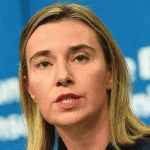
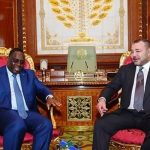

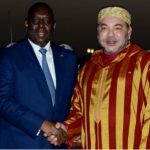




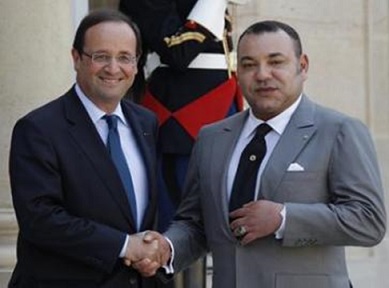
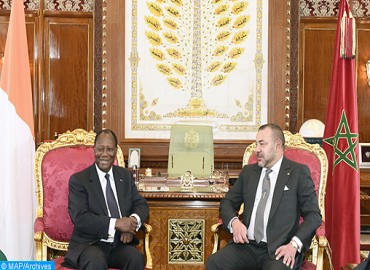

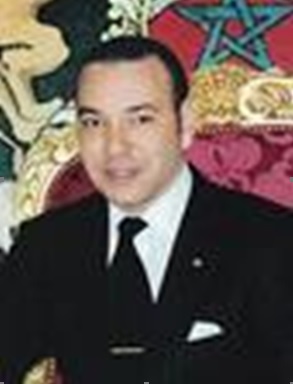

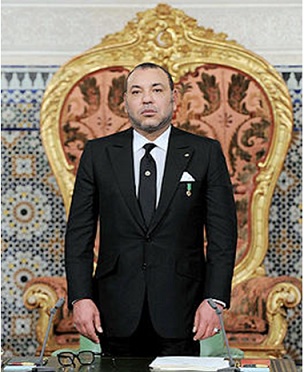
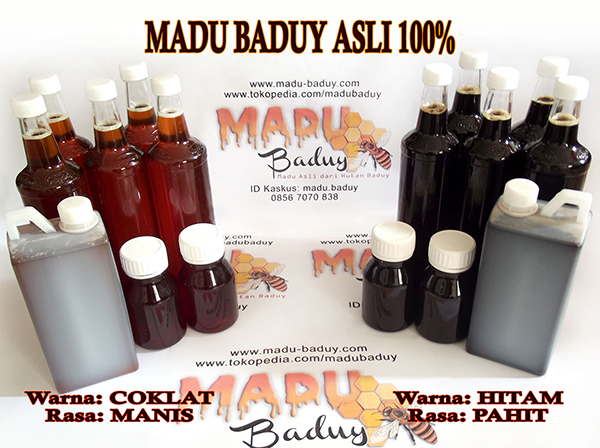
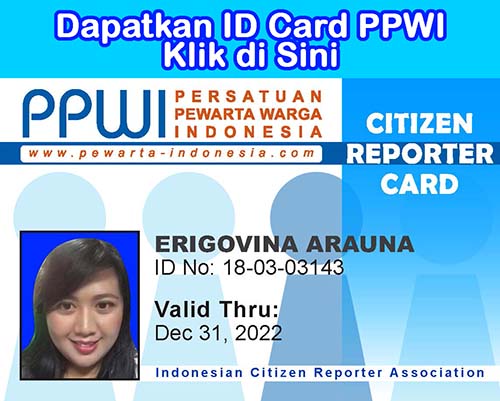


New Comments